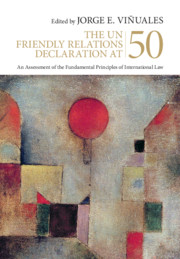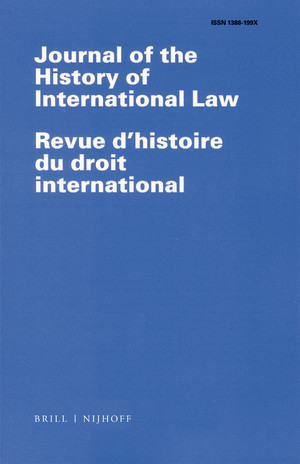ABOUT THE BOOK
L'art de l’argumentation ne cède pas ses droits en situation de guerre. Au contraire, la préparation des conflits, la conduite des opérations et la reconstruction de la paix sont d’intenses moments de persuasion, de négociation et de confrontation dans lesquels l’art oratoire occupe toute sa place. Fruit d’une collaboration active entre historiens et juristes, cet ouvrage propose, au travers d’un parcours s’étendant de la guerre antique aux conflits contemporains, une réflexion riche, passionnante et novatrice sur les usages et les fonctions du discours en situation de conflit armé. Il nous transporte des plaines du Péloponnèse et de l’Italie romaine au Tribunal international, en passant par les guerres d’Attila et des ducs de Bourgogne, par les conflits religieux et de la monarchie absolue des temps modernes, ou encore par les guerres de sécessions et les deux conflits mondiaux. S’y découvrent alors les modalités et les enjeux de la parole en guerre, qu’il s’agisse de justifier ou de contester l’engagement, la violence ou les buts de guerres ; de convaincre les autorités politiques et l’opinion publique d’entrer dans le conflit ou les combattants de sacrifier leur vie ; ou encore d’implorer le pardon et de réparer des exactions, mais aussi de s’emparer de la gloire d’une victoire ou de repousser la honte d’une défaite.
ABOUT THE EDITORS
Emmanuelle Cronier est maîtresse de conférences en histoire contemporaine à l'Université de Picardie-Jules Verne et chercheuse au Centre d’Histoire des Sociétés, des Sciences et des Conflits (CHSSC, EA4289).
Benjamin Deruelle est professeur d'histoire moderne à l’Université du Québec à Montréal. Agrégé d’histoire et docteur de l’Université Paris 1 Panthéon-Sorbonne, il est chercheur à l’IRHIS (Institut de Recherches Historiques du Septentrion UMR 8529-CNRS-Université de Lille).
TABLE OF CONTENTS
Introduction
Emmanuelle Cronier & Benjamin Deruelle
Partie 1
Dire, justifier, contester la guerre
Justifier ou restreindre la violence de la guerre : arguments juridiques et arguments moraux dans l'Antiquité tardive
Hervé Huntzinger
Justifier et légitimer l’engagement : la guerre de Candie (1645-1669) et la France
François Pugnière
L’argumentation juridique dans les guerres de sécession
Emanuel Castellarin
Les arguments juridiques contemporains de l’intervention en guerre
Marie-Clotilde Runavot
Partie 2
Convaincre, adhérer, mobiliser
Quand les femmes parlent de la guerre : le dossier des apophtegmes laconiens
Jean-Manuel Roubineau
La guerre, ultima ratio des ducs de Bourgogne ? Argument guerrier et autorité du prince législateur (fin XIVe – début XVe siècle)
Jean-Baptiste Santamaria
L’argument de la guerre dans la négociation fiscale, le cas valdôtain au XVIIe siècle
Julien Alerini
Monarchie absolue et monarchie limitée face à la guerre : les stratégies argumentatives françaises et anglaises à la fin du XVIIe siècle
Solange Rameix
Illustrer ou persuader ?
Schémas et dessins dans la réflexion militaire de la France des Lumières
Arnaud Guinier
Le théâtre de la guerre révolutionnaire : Cris, harangues et discours des généraux à l’armée des Pyrénées orientales (1793-1795)
Laurent Cuvelier
Partie 3
Argumenter au cœur du combat
Argumenter en plein combat :
Formes et fonctions de l’exhortation au combat dans les batailles rangées romaines à la fin de la République
Xavier Lapray
Le contrôle de la parole dans la cité assiégée selon Énée le Tacticien (IVe siècle av. J.-C.)
Jonathan Andujar & Christian Bouchet
Argumenter en guerre civile : les partis de la guerre et de la paix au Conseil du roi pendant les premières guerres de Religion (1563-1570)
Antoine Rivault
Haranguer ses capitaines ?
Le duc de Guise, chef de guerre et stratège de mots à Châlons-en-Champagne (26 mars 1585)
Xavier Le Person
Le Mercure François entre en guerre
Virginie Cerdeira
La déportation de civils en vue du travail forcé – le discours normatif de l’occupant allemand, d’une guerre à l’autre
Michel Erpelding
Partie 4
Mémoire, appropriation et droit
« Poure compaignon de guerre » ou « meschant homme » ?
La représentation du soldat dans les lettres de rémission des ducs de Bourgogne (1386-1482)
Quentin Verreycken
L’affaire d’Hastenbeck, la relation de bataille en tant qu’instrument de diffamation
Antoine Roussel
L’œuvre de mémoire en Europe après la Seconde Guerre mondiale : l’appropriation de la Guerre par le Droit
Marion Larché
Conclusion
Émilie Dosquet
Les auteurs
Résumés
Index
More information with the publisher.
(source: ESCLH Blog)


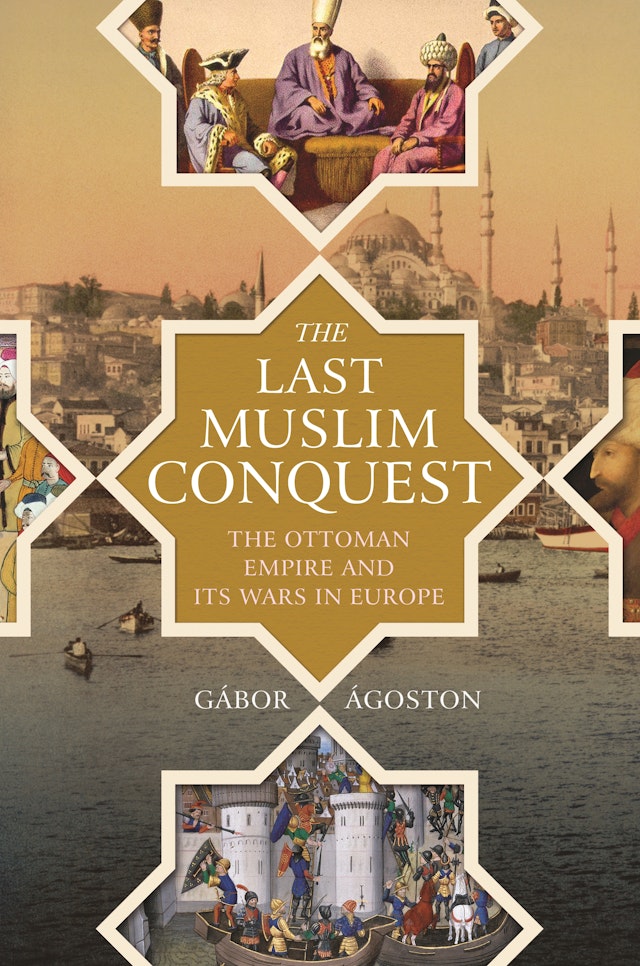





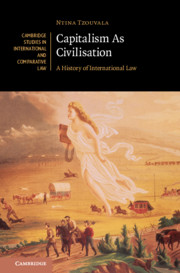

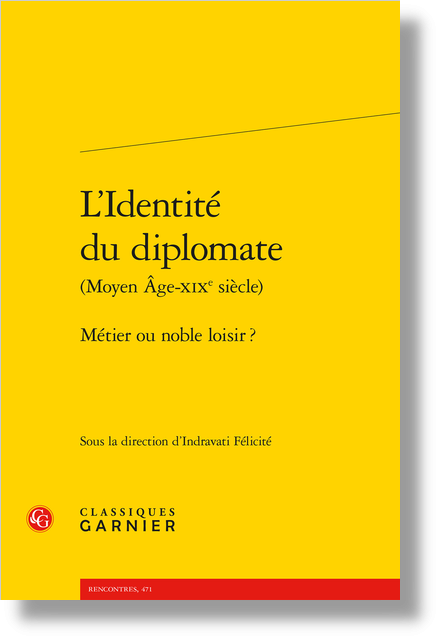
.jpg)





